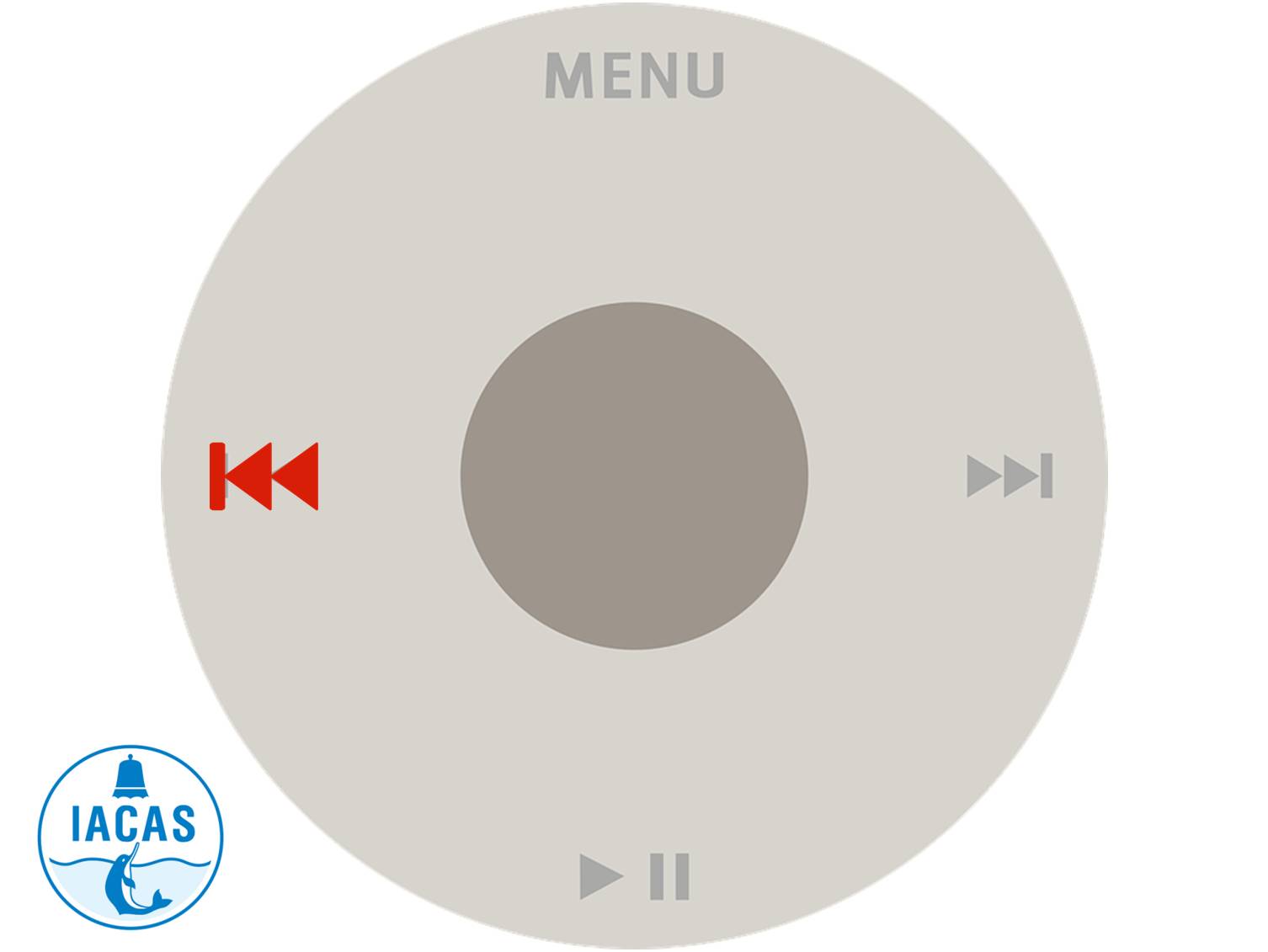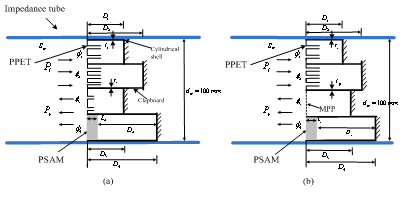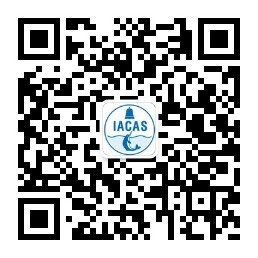
Hitting the Rewind Button! Measure the Ocean Bottom by Reversing Ocean Noise Back to its Original
Researchers from Institute of Acoustics, Chinese Academy of Sciences, University of Haifa, and University of Colorado Boulder present a passive geoacoustic inversion method, by using two hydrophones and creating time reversal of ocean noise, ...
Read More >>
Specified Double-Layer Perforated Plate May be Used to Eliminate Low Frequency Noise in Large Wind Tunnel
To predict the sound absorption coefficient as well as investigate the influence of the parameters on the sound absorptive performance of double-layer perforated plates, researcher CHANG Daoqing from the Institute of Acoustics of the Chinese ...
Read More >>
Penetration-free Acoustic Data Transmission Achieves Effective Active Noise Control
Researchers from the Institute of Acoustics of the Chinese Academy of Sciences propose an acoustic data transmission structure for active noise control, specifically for controlling radiation noise of ships directly under the condition that t...
Read More >>Matching Pulse Waveforms Can Estimate Source Range in a Slope Environment
The approach of estimating source range in an ocean environment with sloping bottom is based on matching the depth structure of pulse waveform between the received and simulated signals. For the explosive sources in the experiment with two de...
Read More >>
A New Compound Sound Absorber Improves Sound Absorptive Performance in Low- to Mid-Frequency Range
Researchers LI Dengke and CHANG Daoqing from the Institute of Acoustics, Chinese Academy of Sciences investigate and propose a compound sound absorber, which comprised of perforated plates with extended tubes (PPET) and porous sound absorptiv...
Read More >>

